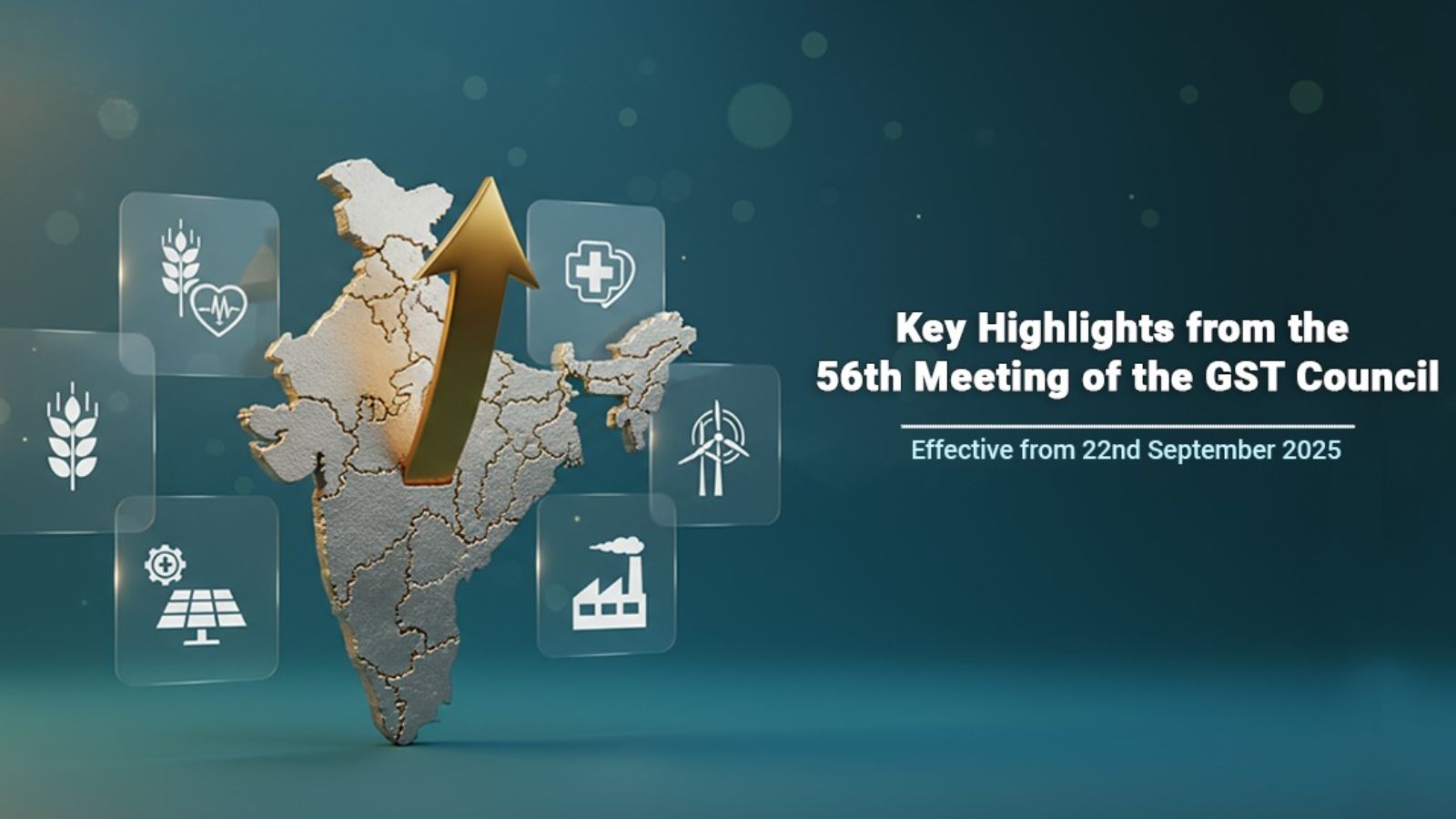GST Council Meeting 2025: Highlights
The GST Council Meeting 2025 has gotten enormous attention in every part of India as it deliberated on significant changes, reforms, and updates to the Goods and Services Tax regime.
The GST Council Meeting 2025 has gotten enormous attention in every part of India as it deliberated on significant changes, reforms, and updates to the Goods and Services Tax regime.
The GST Council, composed of the Union Finance Minister and finance ministers of all states and union territories, often convenes to discuss the tax rates, exemptions, compliance rules and other pertinent issues.
The current meeting was particularly critical as the council discussed GST reforms to streamline taxation, lessen compliance pressure and improve business expansion. We are going to discuss all the highlights of the GST Council Meeting 2025 in easy, clear and plain words in this article.

The top decision making body in India with regard to Goods and Services Tax is the GST Council. It was constituted by the Indian Article 279A. Its primary goal is to make decisions on GST laws, rates and policies that ultimately impact businesses and consumers within the whole country.
The Union Finance Minister is the chairman of the council and the finance ministers of all states and union territories are also the members. All decisions are made on the basis of effective discussion to achieve uniformity and fairness.
The following are the highlights of the most significant GST Council Meeting 2025:
The council declared some significant tax rates within various industries:
The reforms that have been announced during the GST Council Meeting 2025 are significant due to a few reasons:
The GST Council has indicated that future meetings will be concerned with:
Several reforms were presented at the GST Council Meeting 2025, particularly on GST rate adjustments in all sectors, assistance to small businesses, and digital innovations. The council met the consumer needs and generated growth in revenue by lowering tax on essential goods and services and raising tax marginally on luxury goods. These reforms will have the impact of strengthening the economy of India and also make GST more transparent, fair and growth oriented.
Ans- By increasing the Composition Scheme threshold, simplifying returns, and offering faster refunds, the council provided big relief to MSMEs.
Ans- The industries that benefited the most through reduced taxation and exemptions were the healthcare industry, the renewable energy industry, and the automobile (EV) industry.
Ans- Yes, the 3-year exemption of GST was granted to e-learning and online educational systems to offer online education at a low cost.
Ans- The council is hoping to introduce petroleum to GST, fewer tax slabs, and overall make the whole system more technology-based.

The property, complete with 30-seat screening from room, a 100-seat amphitheater and a swimming pond with sandy shower…

The property, complete with 30-seat screening from room, a 100-seat amphitheater and a swimming pond with sandy shower…

The property, complete with 30-seat screening from room, a 100-seat amphitheater and a swimming pond with sandy shower…